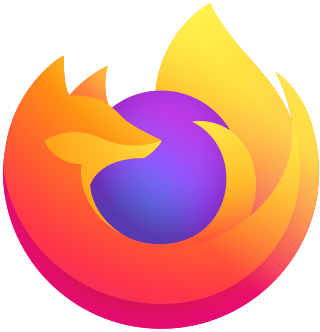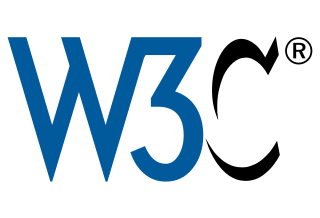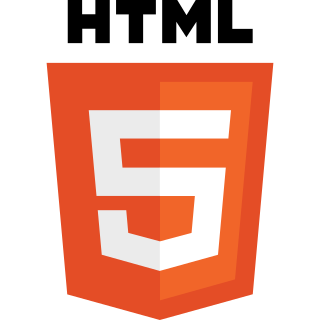
The Apache HTTP Server is a free and open-source cross-platform web server software, released under the terms of Apache License 2.0. It is developed and maintained by a community of developers under the auspices of the Apache Software Foundation.

Python is a high-level, general-purpose programming language. Its design philosophy emphasizes code readability with the use of significant indentation.
Yahoo! is an American web services provider. It is headquartered in Sunnyvale, California, and operated by the namesake company Yahoo! Inc., which is 90% owned by investment funds managed by Apollo Global Management and 10% by Verizon Communications.

Mozilla Firefox, or simply Firefox, is a free and open-source web browser developed by the Mozilla Foundation and its subsidiary, the Mozilla Corporation. It uses the Gecko rendering engine to display web pages, which implements current and anticipated web standards. In November 2017, Firefox began incorporating new technology under the code name "Quantum" to promote parallelism and a more intuitive user interface. Firefox is available for Windows 10 or later versions, macOS, and Linux. Its unofficial ports are available for various Unix and Unix-like operating systems, including FreeBSD, OpenBSD, NetBSD, illumos, and Solaris Unix. It is also available for Android and iOS. However, as with all other iOS web browsers, the iOS version uses the WebKit layout engine instead of Gecko due to platform requirements. An optimized version is also available on the Amazon Fire TV as one of the two main browsers available with Amazon's Silk Browser.
The deep web, invisible web, or hidden web are parts of the World Wide Web whose contents are not indexed by standard web search-engine programs. This is in contrast to the "surface web", which is accessible to anyone using the Internet. Computer scientist Michael K. Bergman is credited with inventing the term in 2001 as a search-indexing term.

Google Scholar is a freely accessible web search engine that indexes the full text or metadata of scholarly literature across an array of publishing formats and disciplines. Released in beta in November 2004, the Google Scholar index includes peer-reviewed online academic journals and books, conference papers, theses and dissertations, preprints, abstracts, technical reports, and other scholarly literature, including court opinions and patents.

The Web Content Accessibility Guidelines (WCAG) are part of a series of web accessibility guidelines published by the Web Accessibility Initiative (WAI) of the World Wide Web Consortium (W3C), the main international standards organization for the Internet. They are a set of recommendations for making Web content more accessible, primarily for people with disabilities—but also for all user agents, including highly limited devices, such as mobile phones. WCAG 2.0, were published in December 2008 and became an ISO standard, ISO/IEC 40500:2012 in October 2012. WCAG 2.2 became a W3C Recommendation on 5 October 2023.

HTML5 is a markup language used for structuring and presenting content on the World Wide Web. It is the fifth and final major HTML version that is a World Wide Web Consortium (W3C) recommendation. The current specification is known as the HTML Living Standard. It is maintained by the Web Hypertext Application Technology Working Group (WHATWG), a consortium of the major browser vendors.

The Wikimedia Foundation, Inc. (WMF) is an American 501(c)(3) nonprofit organization headquartered in San Francisco, California, and registered as a charitable foundation under local laws. It is best known as the host platform for Wikipedia, the largest crowdsourced online encyclopedia and the 7th most visited website in the world, but also hosts other related projects and MediaWiki, a wiki software.
WebRTC is a free and open-source project providing web browsers and mobile applications with real-time communication (RTC) via application programming interfaces (APIs). It allows audio and video communication to work inside web pages by allowing direct peer-to-peer communication, eliminating the need to install plugins or download native apps.
Global Internet Usage is the number of people who use the Internet worldwide.






